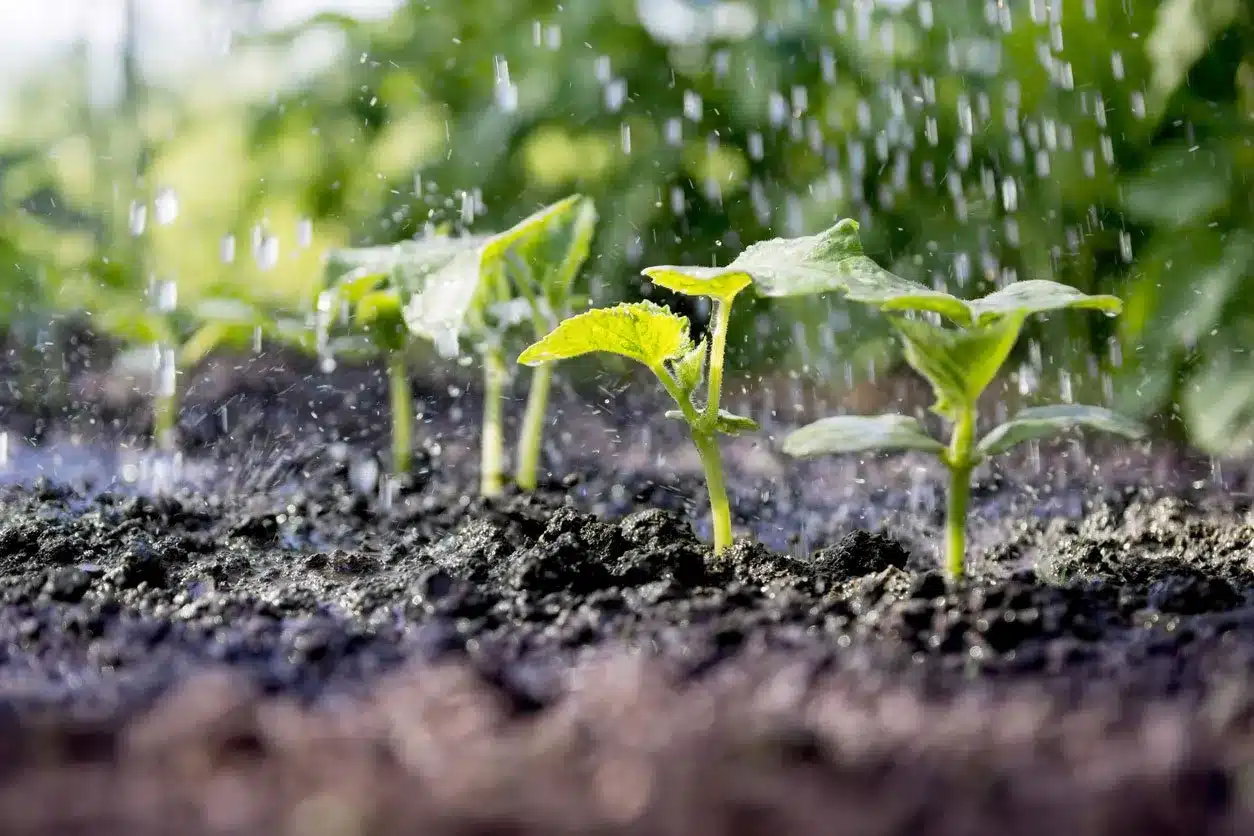
What are the benefits in Growing Your Own produce?
Grow Your Own with PlantGrow Here at PlantGrow, we’re really pleased to be hearing from many new and existing customers that they’re keen to start

Common Garden wasps are often referred to as yellow jackets. They are a social wasp, which build nests and live in a colony that’s governed by an egg-laying queen. Although there are over 9,000 different species of wasps in the UK, only eight species are social wasps, which includes the European Hornet.
The remaining species are all solitary wasps that live independent lives and either build a solitary nest for their larvae to develop within, or parasitise another invertebrate, within which their larvae feed and develop.
Common Garden wasps play an important role in the environment since they control a wide range of plant pests by catching them and feeding them to wasp grubs within the nest. All the worker wasps however, are sterile females who have a needle-like structure at the end of their bodies called an ovipositor for laying eggs. However, the ovipositor on some wasp species, which includes the social wasps, is also used to inject a painful toxin for defence and for killing their prey.
For most of the year the common garden wasps are working for their queen who remains inside the nest where she lays about 100 eggs each day, and they are kept busy building and repairing the nest as well as hunting prey that they take back to their nest to feed to the grubs that are developing within.
Whilst they are busy working, Garden wasp workers are not usually a problem for us unless we disturb their nest or threaten them. However, at the end of the year they often become a nuisance when the colony comes to the end of its life and the founder queen dies. At this point, new queen wasps disperse to mate and to prepare for hibernation through the winter, whilst any surviving worker wasps live out their final days searching for sugary substances to eat before they die. Unfortunately, this often includes sugary items and drinks that we might be enjoying.
The new queen wasps that will have mated, are the only members of the old colonies that survive through the winter months in hibernation. They then emerge the following Spring to find a suitable location to start building a nest to establish their own colonies for the year ahead.

Grow Your Own with PlantGrow Here at PlantGrow, we’re really pleased to be hearing from many new and existing customers that they’re keen to start
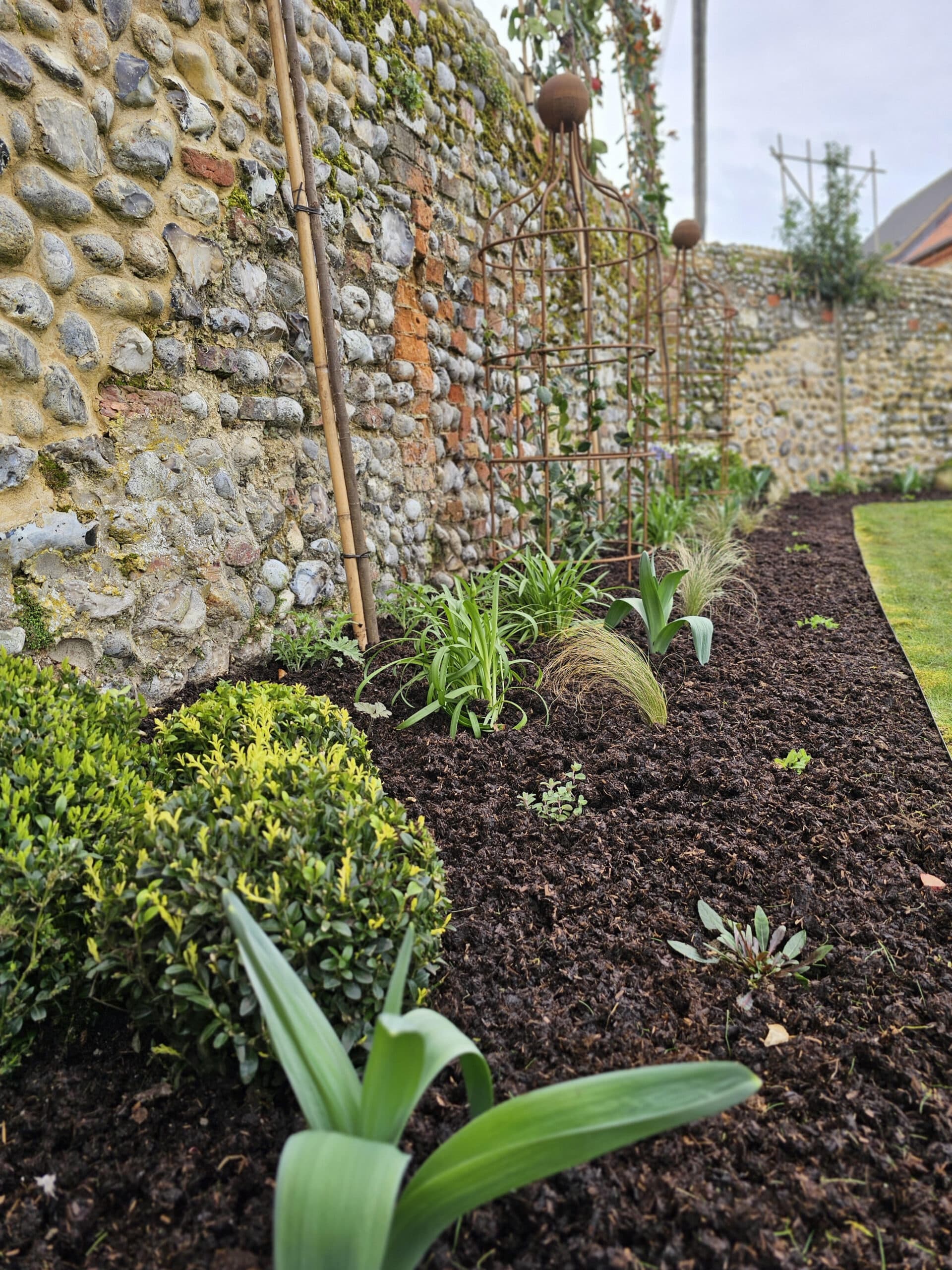
Mulching or topdressing is needed for a number of reasons as it is beneficial for your plants, the soil and the environment. Having organic material
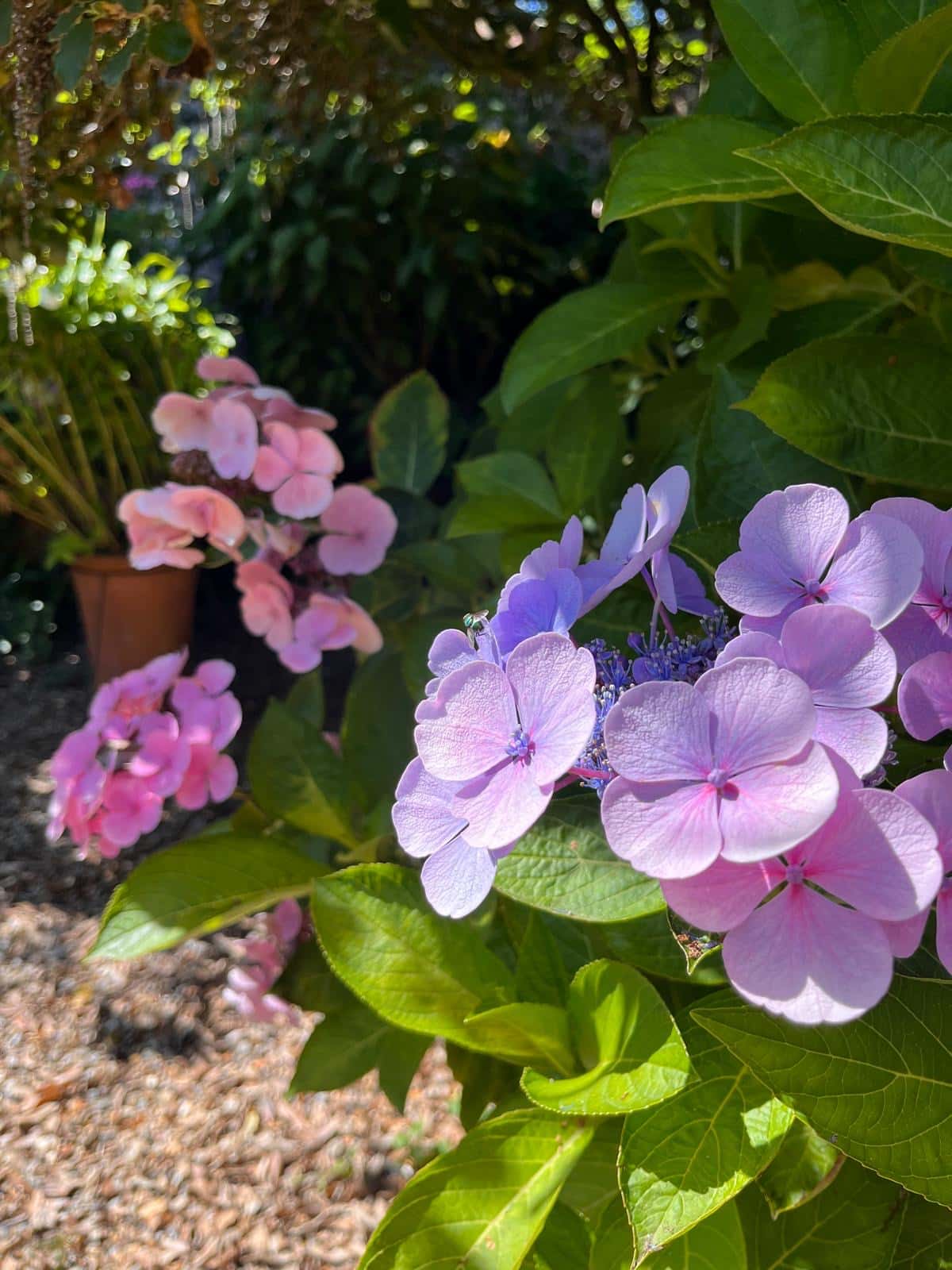
When Spring arrives, our home gardens begin to come alive again as the bleak months of winter end, temperatures rise and the hours of daylight

Our new Champions will be flying the flag for PlantGrow this year and all things natural. We have selected a varied group of individuals from
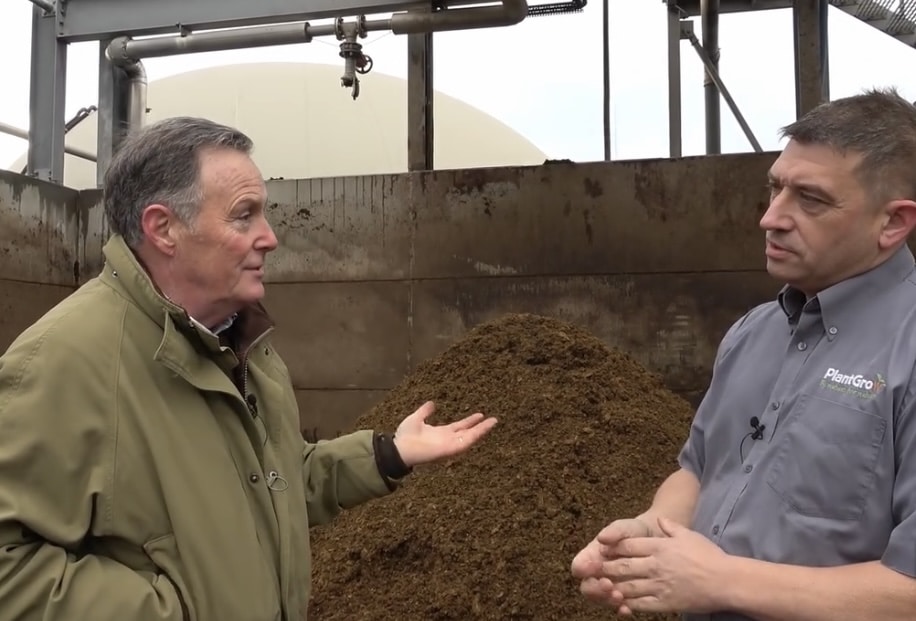
2025 is promising to be a busy year once again for us at PlantGrow with new brand ambassadors and a new list of ‘Champions’ who
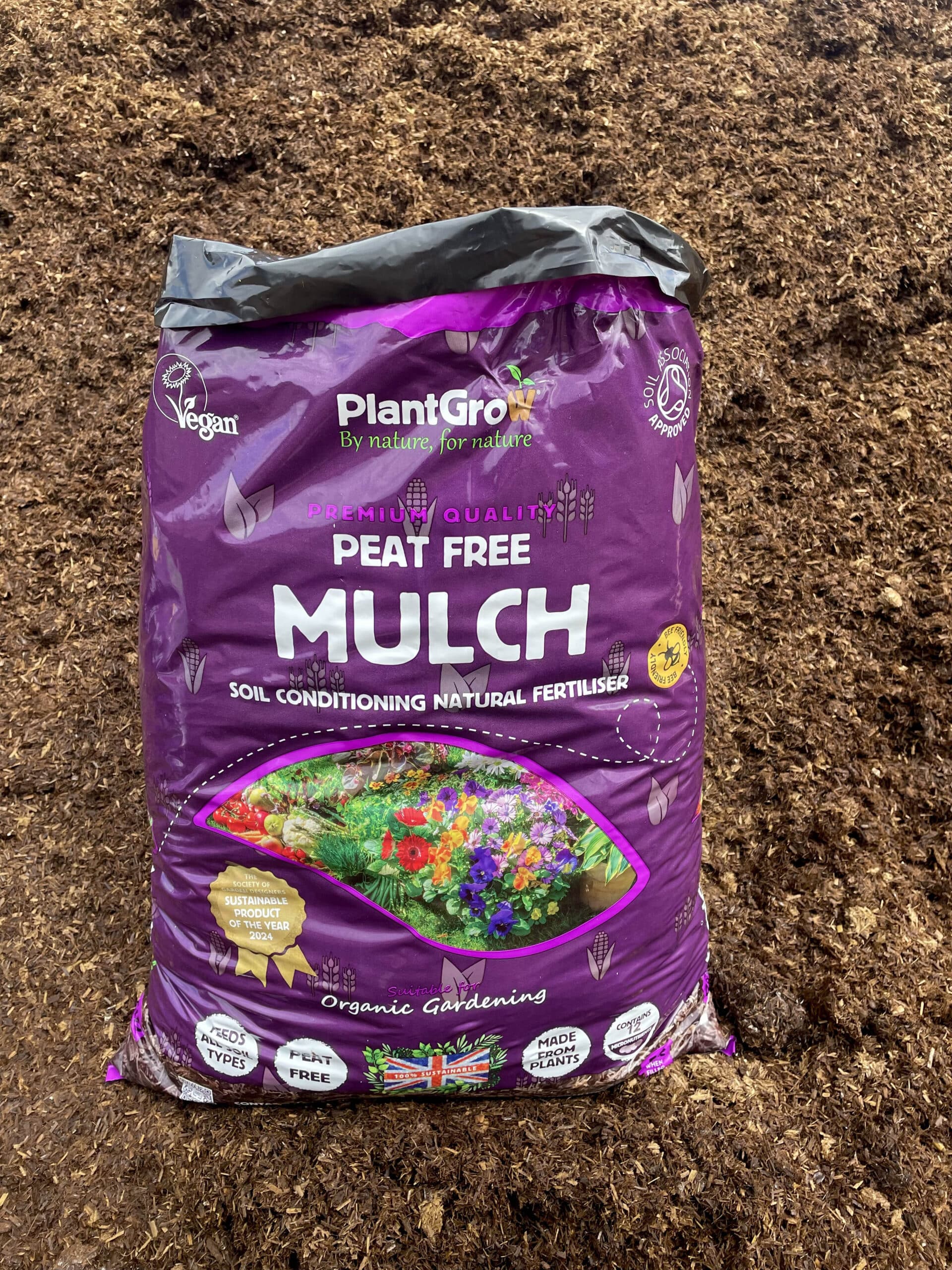
November 2024 Award-winning & market leading PlantGrow Organic Mulch will soon be available in 50-litre size bags for garden centres. Their signature natural fertiliser product
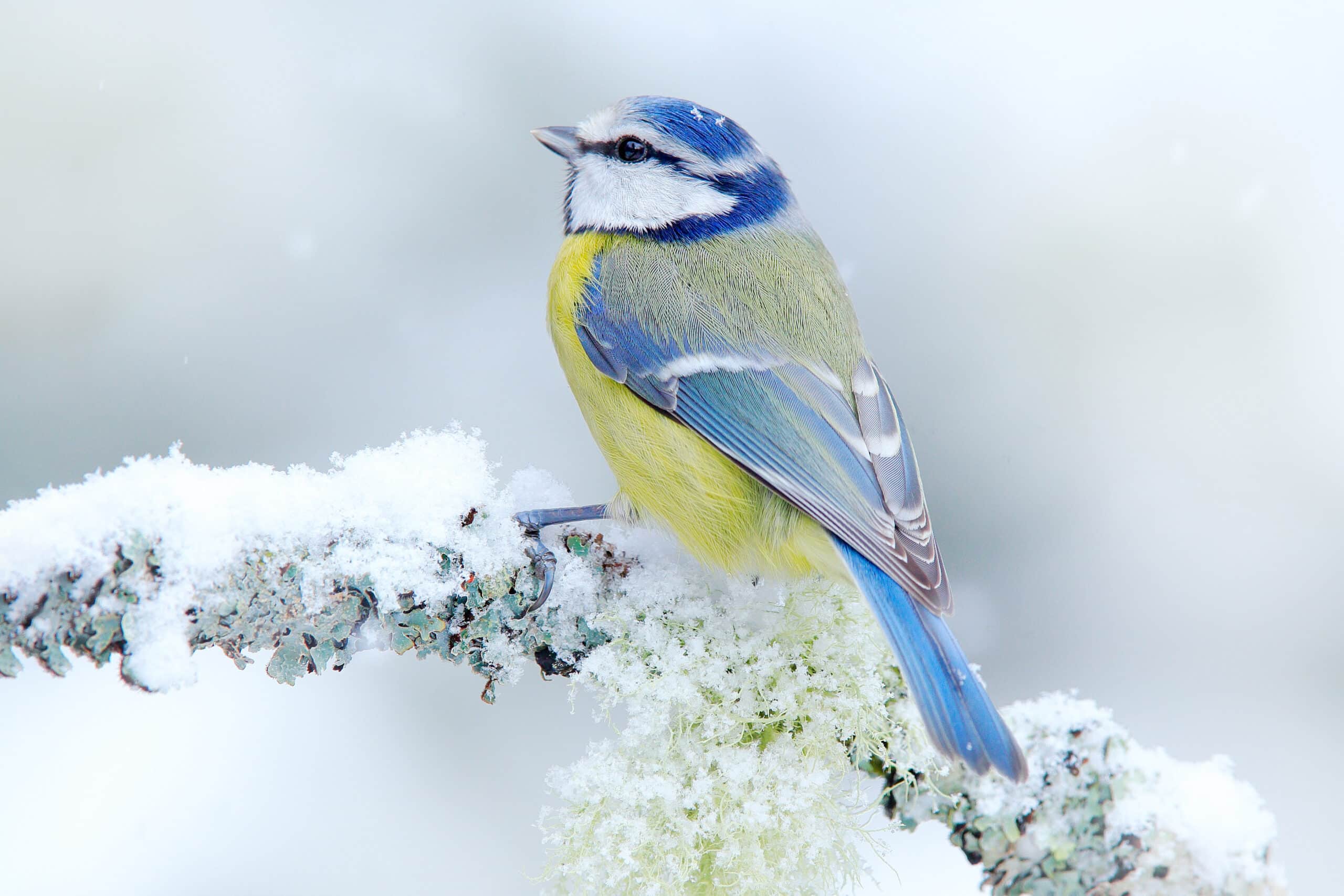
Late Autumn and the onset of Winter will trigger a notable change to the abundance, behaviour and physical state of life within our gardens. With
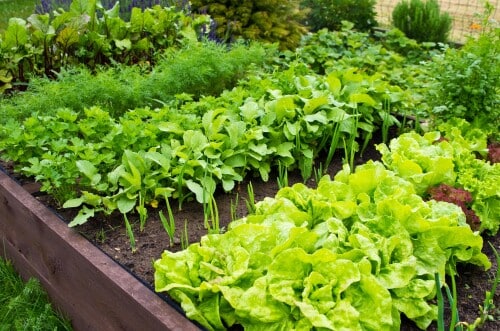
Why do you need to add PlantGrow mulch this Autumn? Mulching or topdressing is needed for a number of reasons as it is beneficial for
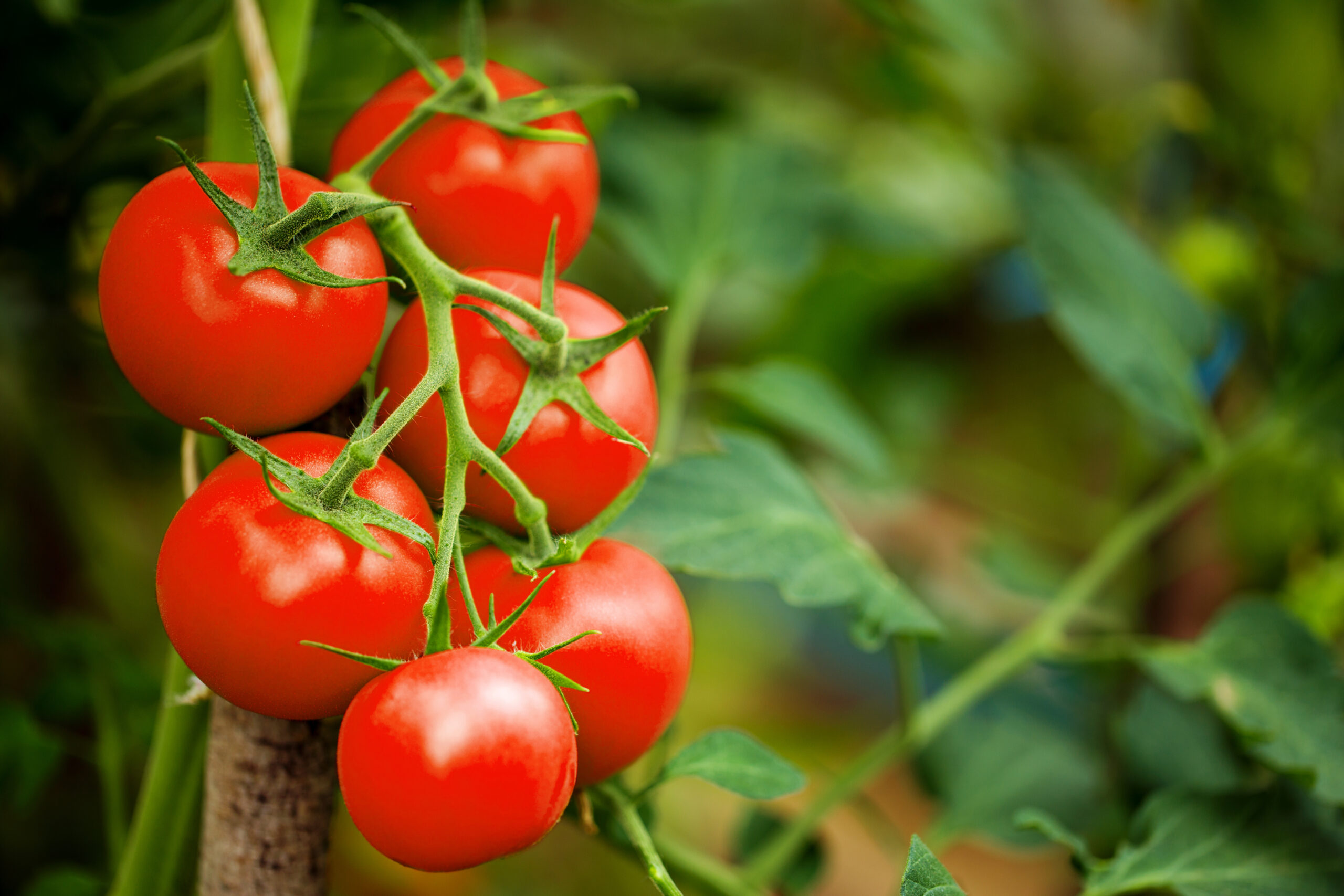
Q: Why should I use fertiliser on my fruits and vegetables? To help you get the most from your garden. Fertilisers supply your plants with
| Cookie | Duration | Description |
|---|---|---|
| _savt | 3 years | This cookie is set by Square for payment processing. |
| cookielawinfo-checkbox-advertisement | 1 year | Set by the GDPR Cookie Consent plugin, this cookie is used to record the user consent for the cookies in the "Advertisement" category . |
| cookielawinfo-checkbox-analytics | 11 months | This cookie is set by GDPR Cookie Consent plugin. The cookie is used to store the user consent for the cookies in the category "Analytics". |
| cookielawinfo-checkbox-functional | 11 months | The cookie is set by GDPR cookie consent to record the user consent for the cookies in the category "Functional". |
| cookielawinfo-checkbox-necessary | 11 months | This cookie is set by GDPR Cookie Consent plugin. The cookies is used to store the user consent for the cookies in the category "Necessary". |
| cookielawinfo-checkbox-others | 11 months | This cookie is set by GDPR Cookie Consent plugin. The cookie is used to store the user consent for the cookies in the category "Other. |
| cookielawinfo-checkbox-performance | 11 months | This cookie is set by GDPR Cookie Consent plugin. The cookie is used to store the user consent for the cookies in the category "Performance". |
| CookieLawInfoConsent | 1 year | Records the default button state of the corresponding category & the status of CCPA. It works only in coordination with the primary cookie. |
| elementor | never | This cookie is used by the website's WordPress theme. It allows the website owner to implement or change the website's content in real-time. |
| viewed_cookie_policy | 11 months | The cookie is set by the GDPR Cookie Consent plugin and is used to store whether or not user has consented to the use of cookies. It does not store any personal data. |
| Cookie | Duration | Description |
|---|---|---|
| _GRECAPTCHA | Session | Spam prevention |
| _hjSession_* | 30 Minutes | A cookie that holds the current session data. This ensures that subsequent requests within the session window will be attributed to the same Hotjar session. |
| Woocommerce_cart_hash | 1 Day | To store items in cart |
| Woocommerce_items_in_cart | Session | Store items in cart. |
| Wordpress_logged_in_ | Session | WordPress |
| Wordpress_sec_* | 15 Days | To provide protection against hackers, store account details. |
| Wp_woocommerce_session_* | Session | Store performed actions. |
| Cookie | Duration | Description |
|---|---|---|
| _hjAbsoluteSessionInProgress | 30 Minutes | Hotjar sets this cookie to detect the first pageview session of a user. This is a True/False flag set by the cookie. |
| _hjAbsoluteSessionInProgress | 30 Minutes | Hotjar sets this cookie to detect the first pageview session of a user. This is a True/False flag set by the cookie. |
| _hjSessionUser_* | 1 Year | Hotjar cookie that is set when a user first lands on a page with the Hotjar script. It is used to persist the Hotjar User ID, unique to that site on the browser. This ensures that behavior in subsequent visits to the same site will be attributed to the same user ID |
| CONSENT | 2 years | YouTube sets this cookie via embedded youtube-videos and registers anonymous statistical data. |
| Cookie | Duration | Description |
|---|---|---|
| VISITOR_INFO1_LIVE | 5 months 27 days | A cookie set by YouTube to measure bandwidth that determines whether the user gets the new or old player interface. |
| YSC | session | YSC cookie is set by Youtube and is used to track the views of embedded videos on Youtube pages. |
| yt-remote-connected-devices | never | YouTube sets this cookie to store the video preferences of the user using embedded YouTube video. |
| yt-remote-device-id | never | YouTube sets this cookie to store the video preferences of the user using embedded YouTube video. |
| Cookie | Duration | Description |
|---|---|---|
| cookielawinfo-checkbox-tracking | 1 year | No description |
Parcel deliveries
We aim to deliver all parcels within 2-4 working days from dispatch, order before 12:00pm for same day dispatch.
Pallet deliveries
We aim to deliver all pallets within 2-5 working days from dispatch, order before 12:00pm for same day dispatch.
If you require further information regarding your delivery, please email daniel@plantgrow.co.uk
